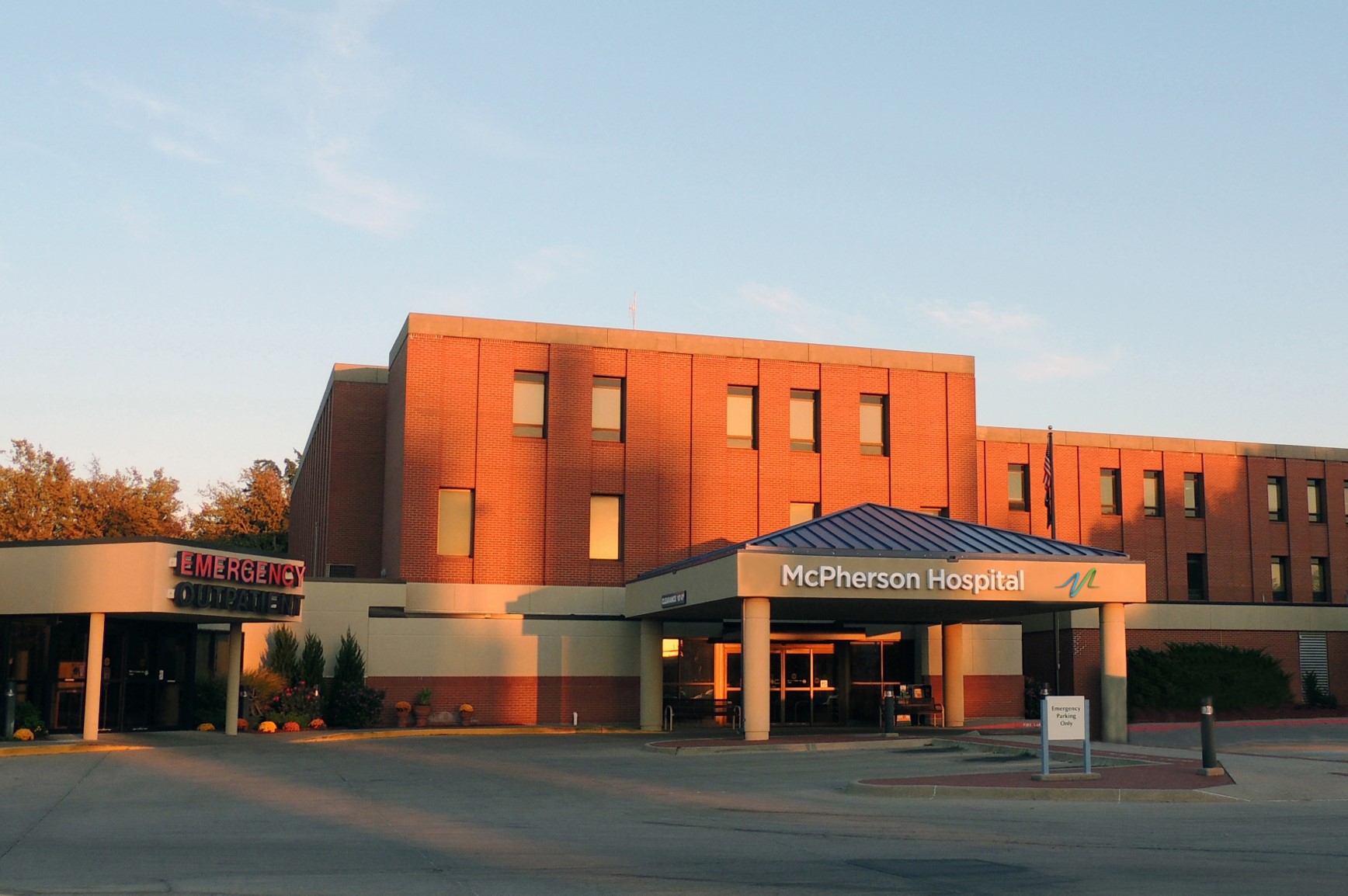McPherson Hospital Emergency Department
Our Emergency Department is open 24/7and staffed by an ER trained physician. We practice immediate bedding; getting our patients to the provider as quick as possible.
Waiting Times
Our average door to physician time is just 11 minutes. That is faster than the 15-minute benchmark and falls within the top 10% of the state.
Family and Visitors
Visitors are limited during treatment to ensure privacy. Others may wait in the lobby or use available amenities like vending machines, TV, or the cafeteria.
Billing Questions
We accept most insurance and offer financial assistance if you’re uninsured or underinsured. Contact us for help with billing concerns.
Emergency Medical Services (EMS)
McPherson EMS is a professional emergency medical service advanced life support service comprised of 3 shifts; 19 full-time staff, 12 PRN staff, and covers ~500 square miles of McPherson County. EMS averages 2600 calls a year providing 911 emergency response and hospital to hospital transfers. McPherson EMS also provides ALS assistance to neighboring volunteer EMS agencies.
For any questions, call us at 620-241-2250.

